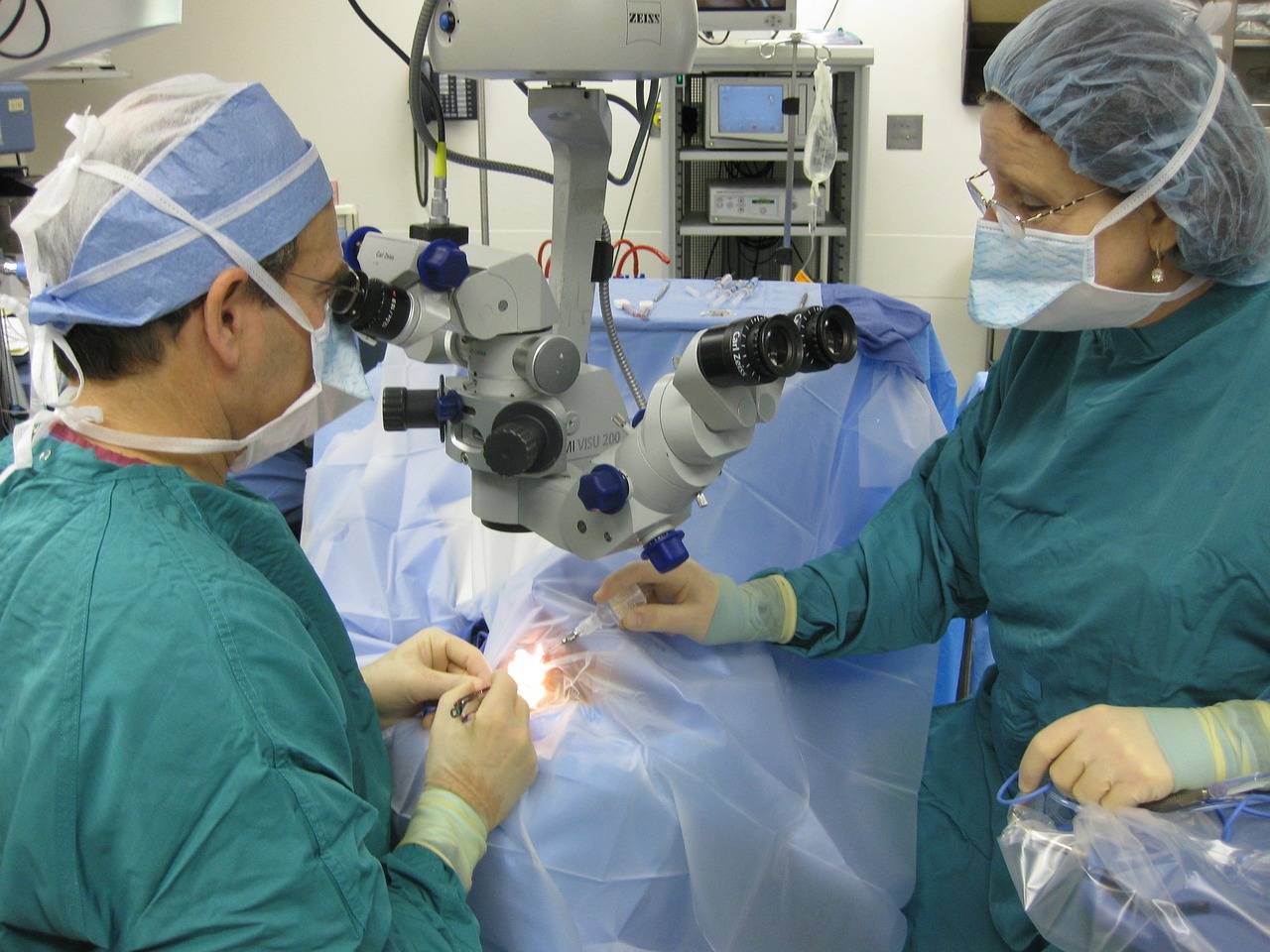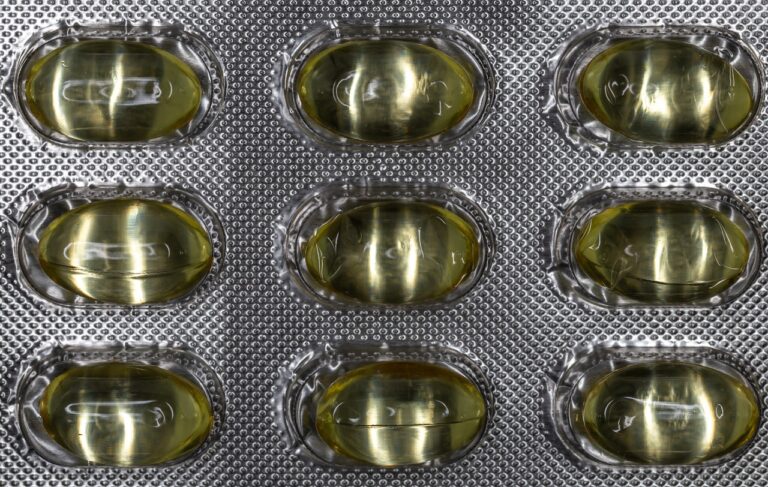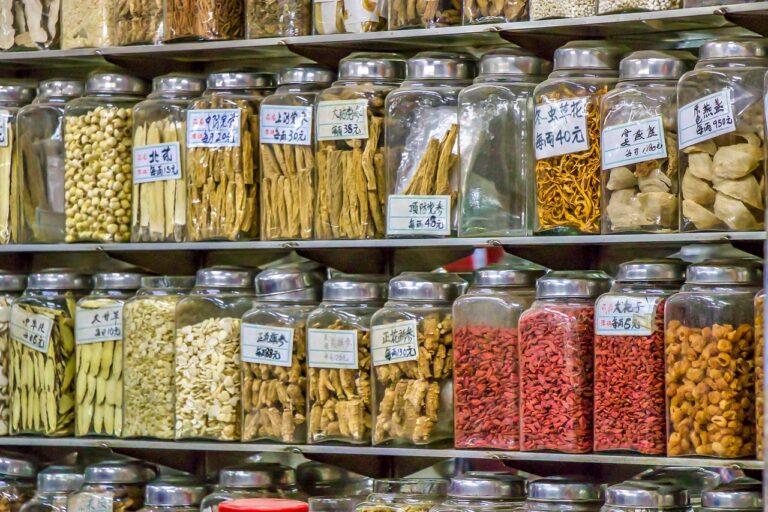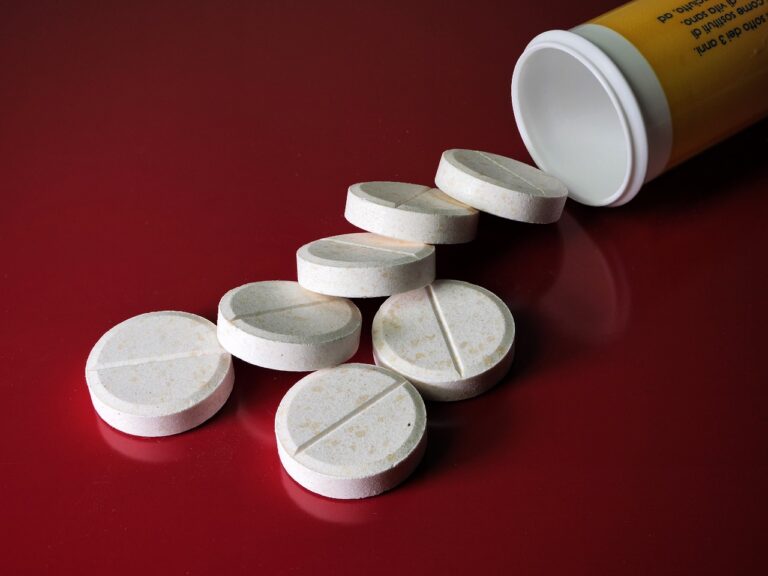The Impact of Triclosan on Fertility
betbhai com, playexch login, gold 365: Triclosan is a chemical commonly found in a variety of personal care products, such as soaps, toothpaste, and hand sanitizers. It has been used for decades as an antibacterial agent to help kill germs and prevent the spread of infections. However, there is growing concern about the potential impact of triclosan on fertility.
Research has shown that triclosan can disrupt hormone function in the body, particularly affecting the endocrine system. This can have a negative impact on reproductive health, including fertility. Studies have found that exposure to triclosan can lead to changes in reproductive hormone levels, menstrual cycle irregularities, and decreased sperm quality in men.
One study published in the Journal of Clinical Endocrinology & Metabolism found that women with higher levels of triclosan in their urine were more likely to have irregular menstrual cycles. Another study published in the journal Environmental Health Perspectives found that men with higher levels of triclosan in their urine had lower sperm counts and lower sperm motility.
These findings suggest that triclosan may have a detrimental effect on fertility in both men and women. The potential impact of triclosan on fertility is a cause for concern, especially considering the widespread use of this chemical in everyday products.
It is important to be mindful of the products we use and the chemicals they contain. Reading labels and choosing products that are free of triclosan and other harmful chemicals can help protect our fertility and overall health.
FAQs:
Q: Is triclosan banned in personal care products?
A: In 2016, the FDA banned the use of triclosan in over-the-counter antibacterial hand soaps and body washes. However, triclosan is still found in many other personal care products, such as toothpaste and cosmetics.
Q: How can I avoid exposure to triclosan?
A: To reduce your exposure to triclosan, read product labels and choose products that are triclosan-free. Opt for natural and organic products whenever possible.
Q: Are there any safe alternatives to triclosan?
A: Yes, there are plenty of safe alternatives to triclosan. Look for products that use natural antibacterial ingredients like tea tree oil, peppermint oil, and eucalyptus oil.
Q: Can triclosan affect fertility in pregnant women?
A: Some studies have suggested that triclosan may have negative effects on pregnant women and their babies. It is best to avoid products containing triclosan during pregnancy to protect maternal and fetal health.
Q: What are the long-term effects of triclosan exposure?
A: The long-term effects of triclosan exposure are still being studied. However, research has indicated potential risks to fertility, hormone function, and overall health. It is best to limit exposure to triclosan as much as possible.







